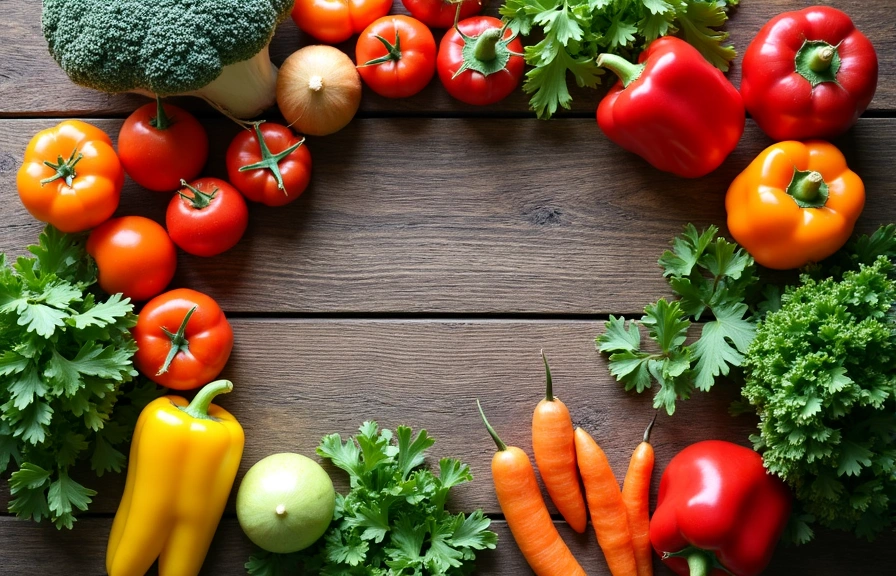The Art and Science of Mindful Eating: A Path to Better Digestion and Well-being
By Sarah J. Wellness Coach | November 1, 2023

In our fast-paced world, eating has often become a rushed, unconscious act. We eat while working, watching TV, or scrolling through our phones, often missing out on the experience and signals our body sends us. Mindful eating is a practice that encourages you to pay full attention to your food—to its flavors, textures, aromas, and the way it makes you feel—both physically and emotionally.
What is Mindful Eating?
Mindful eating is not a diet; it's a way of approaching food that can transform your relationship with it. It involves:
- Eating slowly and without distraction: Put away your phone, turn off the TV, and focus solely on your meal.
- Listening to your body's hunger and fullness cues: Eat when you're hungry, stop when you're satisfied, not stuffed.
- Engaging your senses: Notice the colors, smells, textures, and tastes of your food.
- Recognizing your emotional triggers: Understand why you eat, whether it's hunger, stress, boredom, or sadness.
- Savoring each bite: Chew thoroughly and appreciate the experience.

Benefits for Digestion and Well-being
The practice of mindful eating offers a plethora of benefits, especially concerning digestion and overall well-being:
- Improved Digestion: When you eat slowly and chew thoroughly, your body has more time to release digestive enzymes, leading to better breakdown and absorption of nutrients. It also reduces the likelihood of indigestion, bloating, and gas.
- Enhanced Satisfaction: By truly tasting and experiencing your food, you're likely to feel more satisfied with smaller portions, naturally leading to better weight management without feeling deprived.
- Reduced Overeating: Mindful eating helps you recognize when you're full, preventing the discomfort and guilt often associated with overeating.
- Stress Reduction: Eating mindfully can be a meditative experience, helping to reduce stress and anxiety. It creates a moment of calm in your day.
- Better Food Choices: As you become more attuned to how different foods make you feel, you're more likely to gravitate towards nourishing options that support your body and mind.
- Increased Awareness of Hunger Cues: Many of us have lost touch with our body's natural hunger and fullness signals. Mindful eating helps recalibrate this internal system.
Practical Tips for Cultivating Mindful Eating
Ready to embark on your mindful eating journey? Here are some actionable tips:
- Start Small: Choose one meal a day to practice mindful eating. It could be breakfast, lunch, or dinner.
- Eliminate Distractions: Turn off screens, put away books, and eat in a calm environment.
- Engage Your Senses: Before taking a bite, observe your food. What colors do you see? What aromas do you smell? What textures do you anticipate?
- Chew Slowly and Thoroughly: Aim for 20-30 chews per bite, until the food is almost liquid. Notice the changing flavors and textures.
- Put Down Your Utensils: Between bites, put your fork or spoon down. This forces you to slow down and prevents unconscious eating.
- Listen to Your Body: Pause periodically and check in with your hunger and fullness levels. Are you still hungry? Are you starting to feel satisfied?
- Reflect on Your Food: Consider where your food came from and the effort involved in bringing it to your plate. Practice gratitude.
"Mindful eating is not about being perfect, but about being present. It's a journey of self-discovery through the simple act of eating."Jon Kabat-Zinn, creator of Mindfulness-Based Stress Reduction
Embracing mindful eating is a powerful step towards a healthier relationship with food, improved digestion, and a greater sense of overall well-being. It's an investment in yourself that yields dividends far beyond the dinner table.